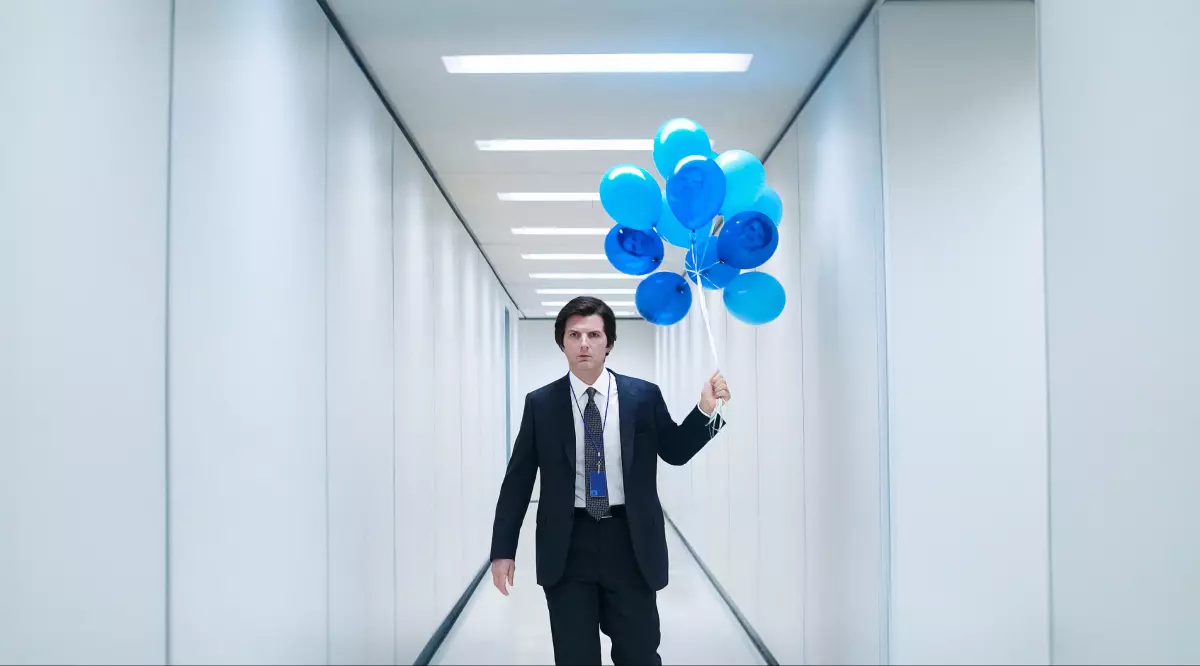To see or not to see “Anonymous” is not the question. For it is not worth it to suffer the slings and arrows of this outrageous film. In the first scenes of Roland Emmerich’s newest assault on the Western World, Shakespearean thespian Derek Jacobi delivers a monologue to a theater audience, telling them that poet and playwright William Shakespeare was a fraud.
Emmerich has made a career from churning out visual spectacles involving the destruction of Western icons: New York City in both “The Day After Tomorrow,” and “Godzilla,” the British empire in “The Patriot” and the Vatican in “2012.” So, one would think that an attack on the greatest pen in the English language would offer a more intelligent effort from the doomsday prophet.
Well, we’ve all been played.
“Anonymous” dramatizes the theoretic “what if” that English departments across the country loathe.
What if Shakespeare never wrote a word?
The film picks up on the theory that the Earl of Oxford, Edward De Vere, actually wrote the 37 plays and 154 sonnets assigned to Shakespeare, but remained anonymous for political reasons. “Anonymous,” then, becomes a muddled, epic, time-travelling exposé on what such a conspiracy theory would look like.
Though Emmerich’s films are often ridiculous, they also usually look really sharp. But “Anonymous” is too dark to see clearly. It’s hard to tell if Emmerich was trying to aestheticize a politically-ambiguous climate, but the film took on the dark tint associated with gazing through 3-D glasses.
Actually, it might have helped “Anonymous” to be shown in 3-D, which would have added another layer or two to the characters in the film. Over the 130-minute running time, actors of varying prestige wrestle with clunky lines and convoluted plot points. Unfortunately, most scenes that do not involve Rhys Ifans (Earl of Oxford) or Vanessa Redgrave (Queen Elizabeth I) play like “Days of Our Lives” in britches and corsets.
Ifans (“Greenburg,” “The Replacements”) and Redgrave (“Atonement,” “A Man for All Seasons”) are bright spots in a murky mess of a film. Ifans has fun with the Earl of Oxford, the supposed secret pen behind Shakespeare’s name. He plays Edward De Vere with a swash-buckling flamboyancy that suggests he saw the potential for comedy and camp that Emmerich never picked up. Here, player and maestro appear to be on different pages, and I, for one, would much rather have followed Ifans.
Redgrave, on the other hand, offers the most accomplished performance of the film. Her presence, while the best part of the whole mess, is rather puzzling. What is she doing in such a silly affair. Furthermore, why is a veteran of the Royal Shakespeare Company fooling around in this ridiculous costume drama?
It is not worth it to harp on the historical inaccuracies of the film. To do so would be to miss the point, to some degree. “Anonymous” is a piece of revisionist history, a long “what if,” or a loud propaganda. Where “Anonymous” runs out of ink, though, is when it starts to take too seriously its task of convincing the audience of its conspiracy theory. Again, regardless of the validity of its philosophy, “Anonymous” needed a little more whimsy, a little more fun, a little more of Michael Moore’s or Oliver Stone’s voracity.
Dramatizing the Shakespeare authorship question is no simple task. I imagine it would amount to dramatizing string theory. However, “Anonymous” needed more style, and more of Ifans’ swag. The story and its historical subjects are much too rich for such a bland, costume-filled period piece. John Orloff’s screenplay needed a rewrite by Shakespeare, Andrew Marvell, Ben Johnson, De Vere or really anyone else.
To see or not to see “Anonymous” is not the question. Read the books. I hear they are better.







